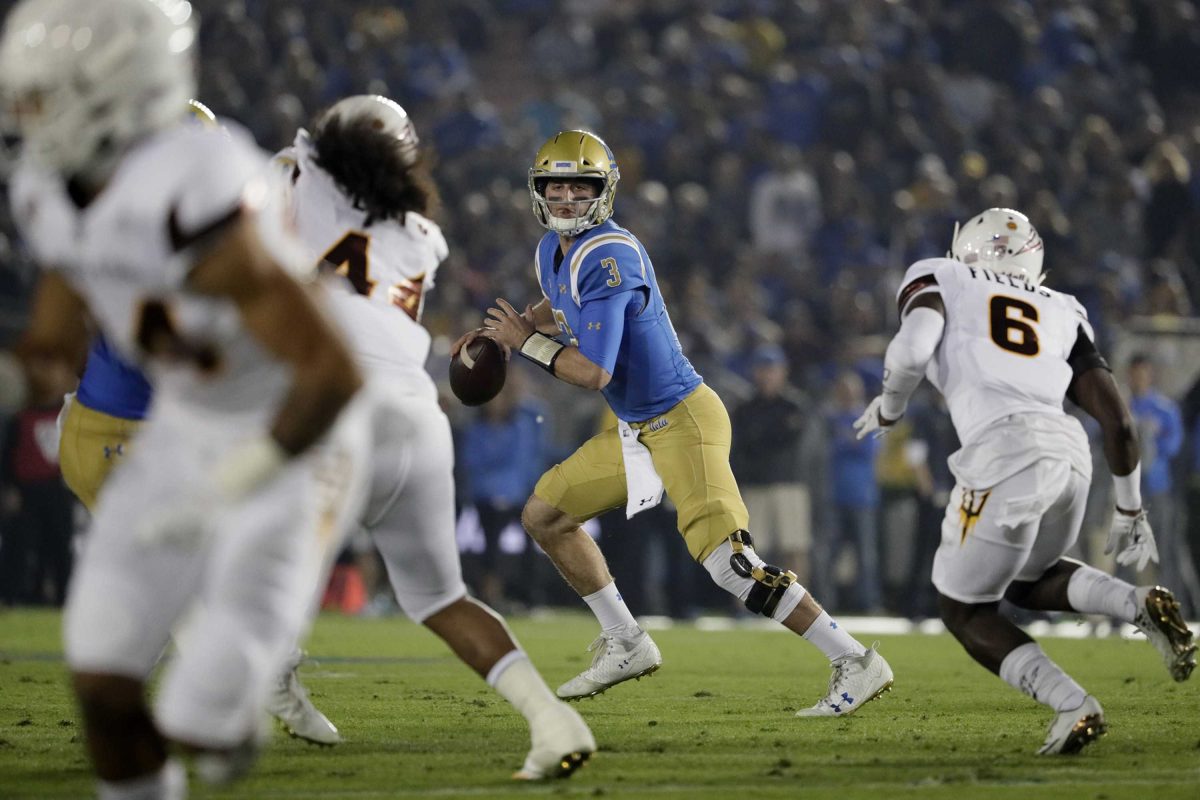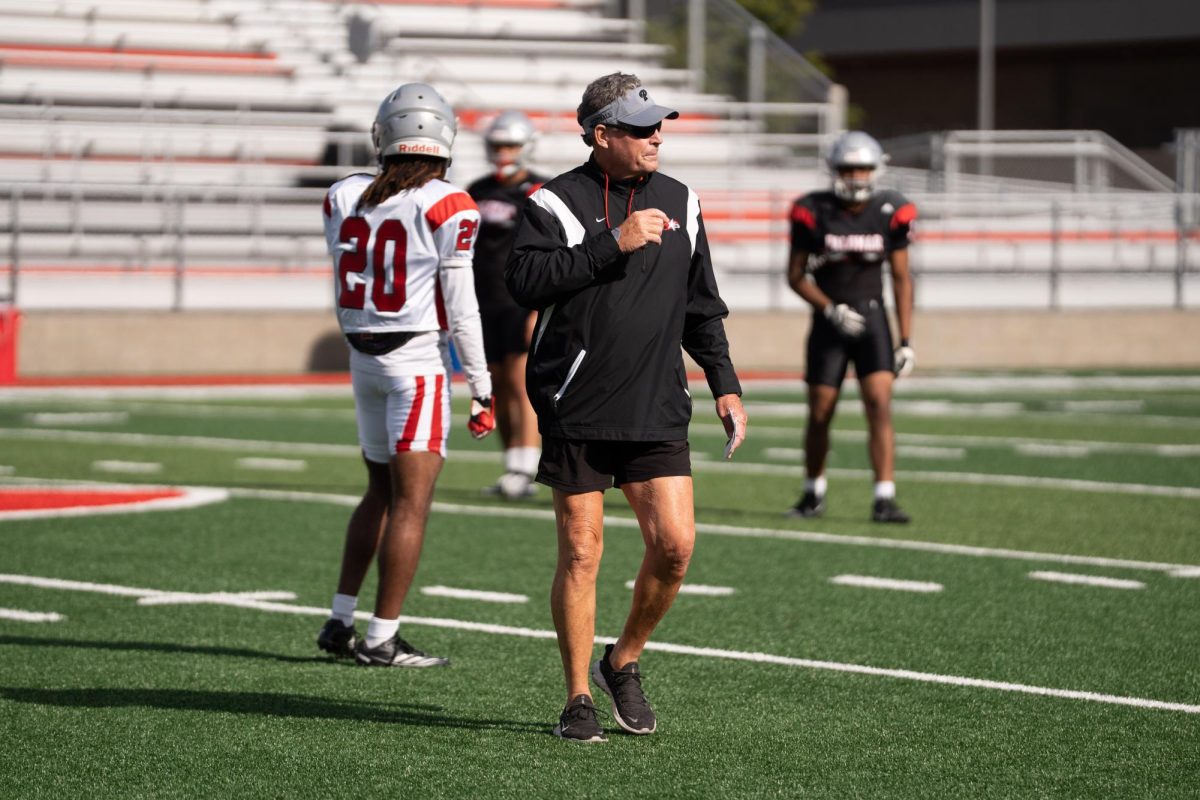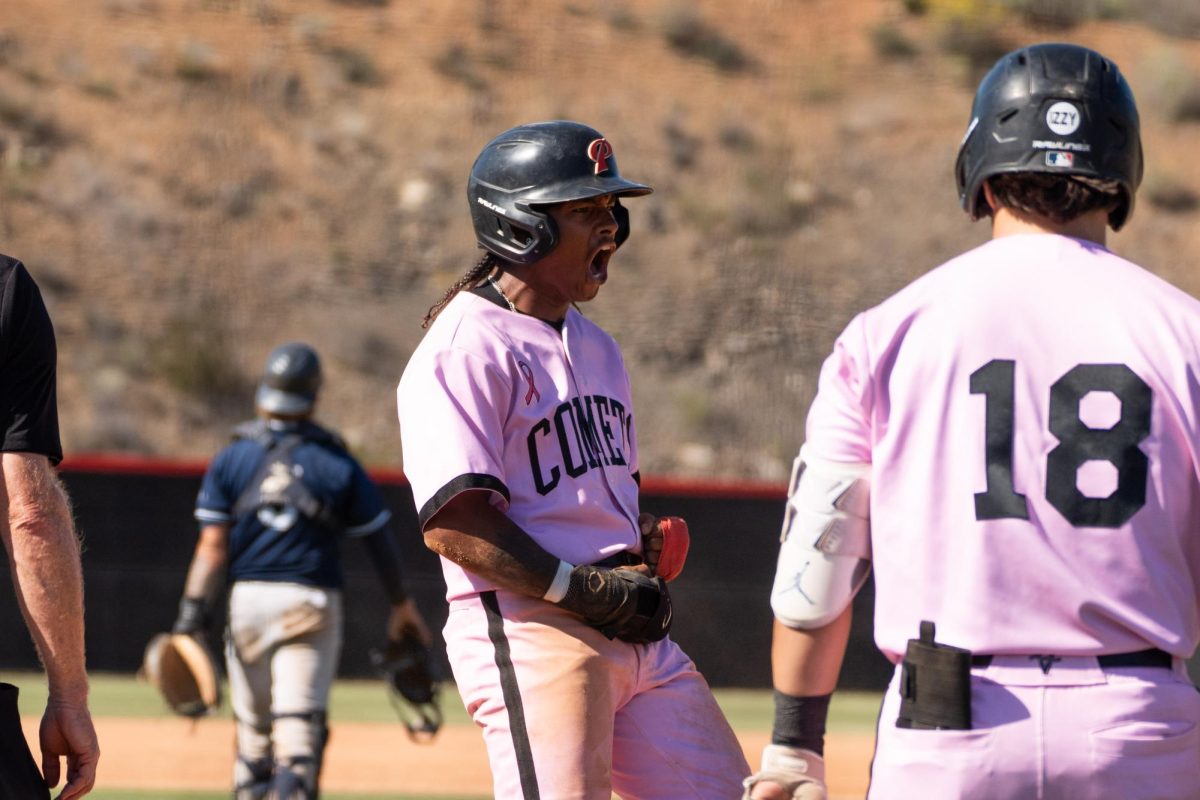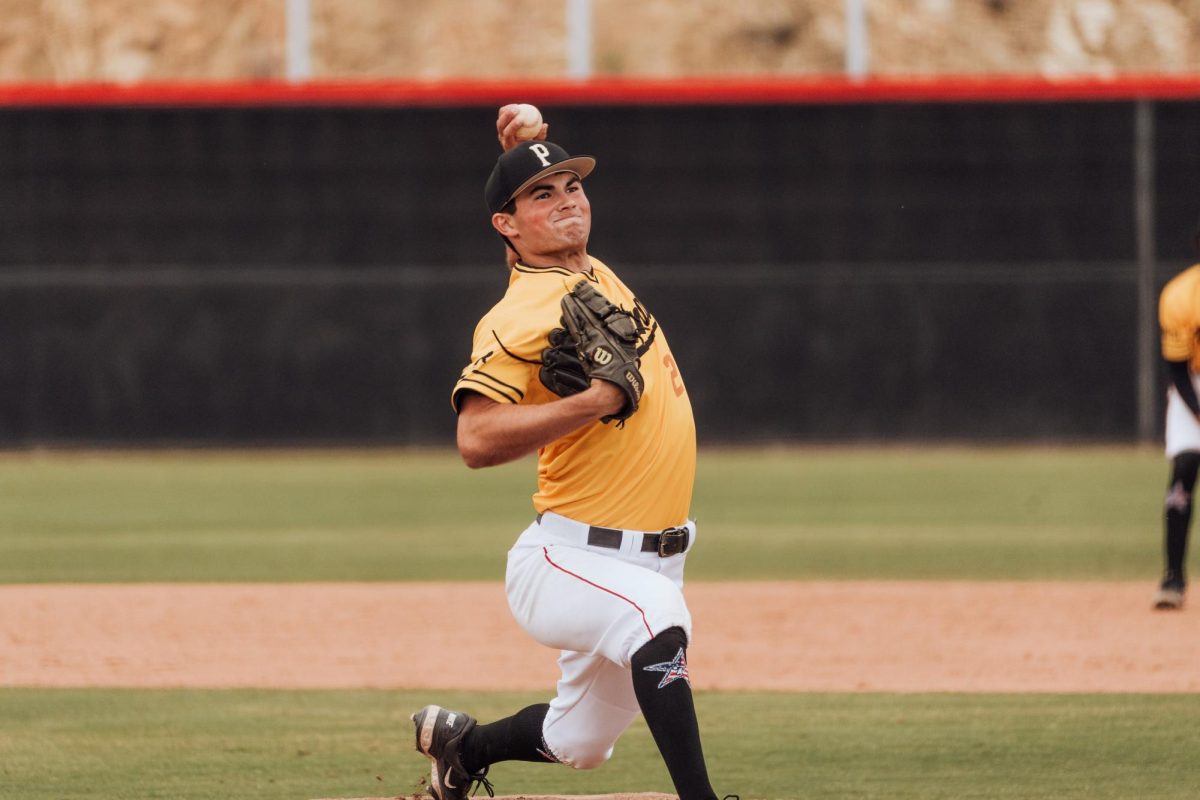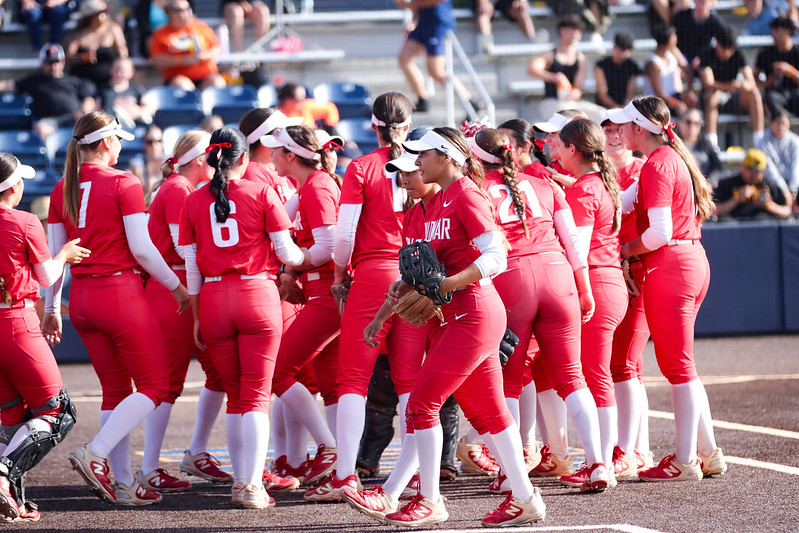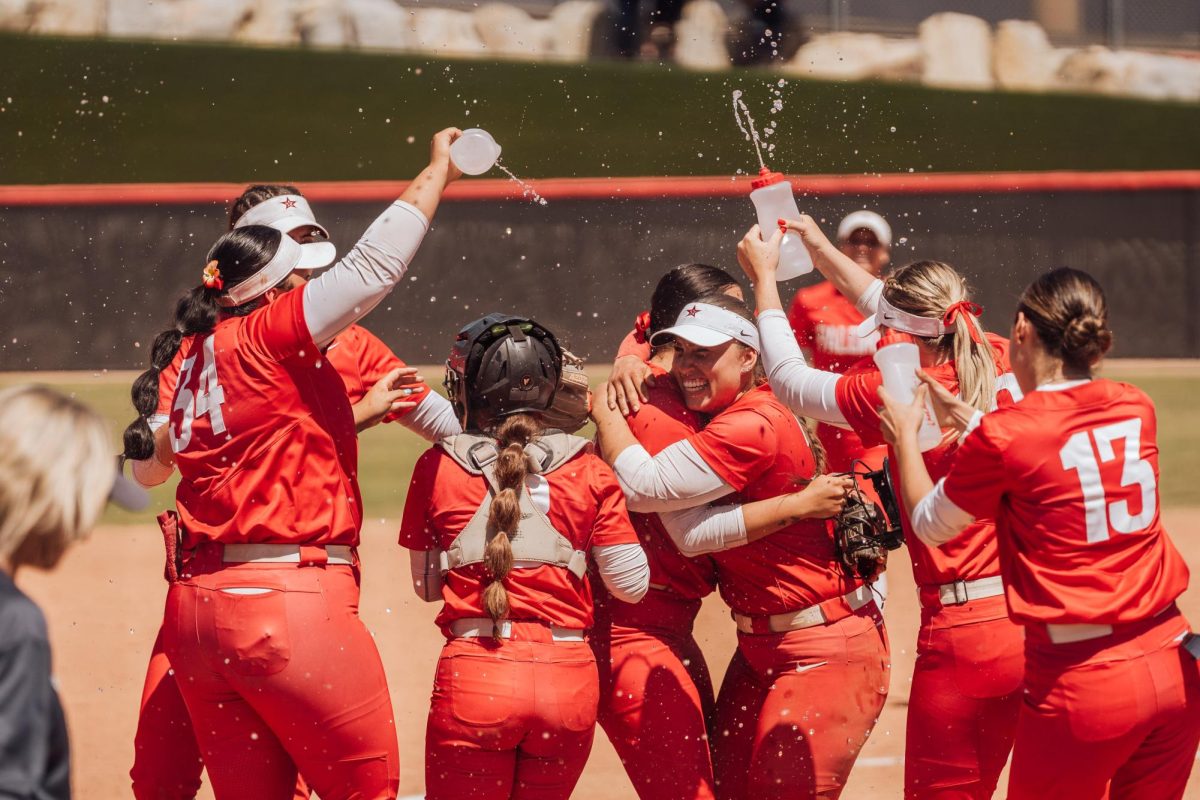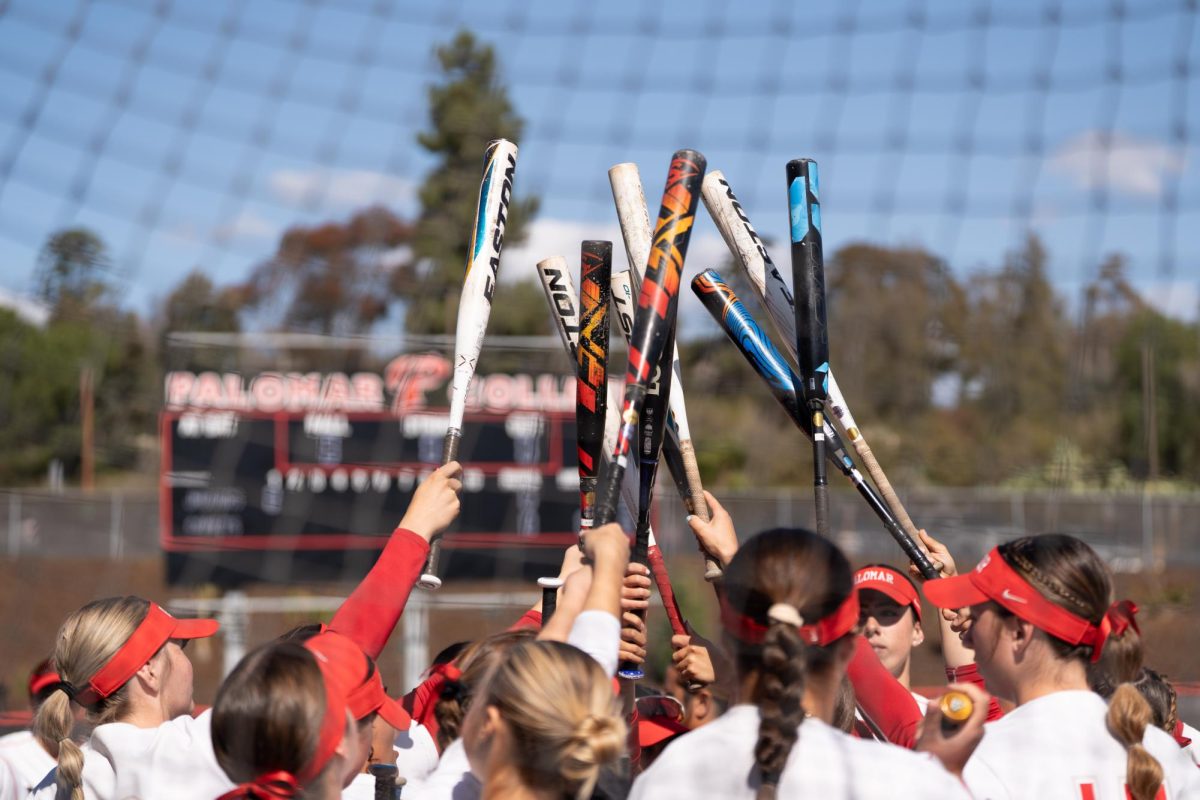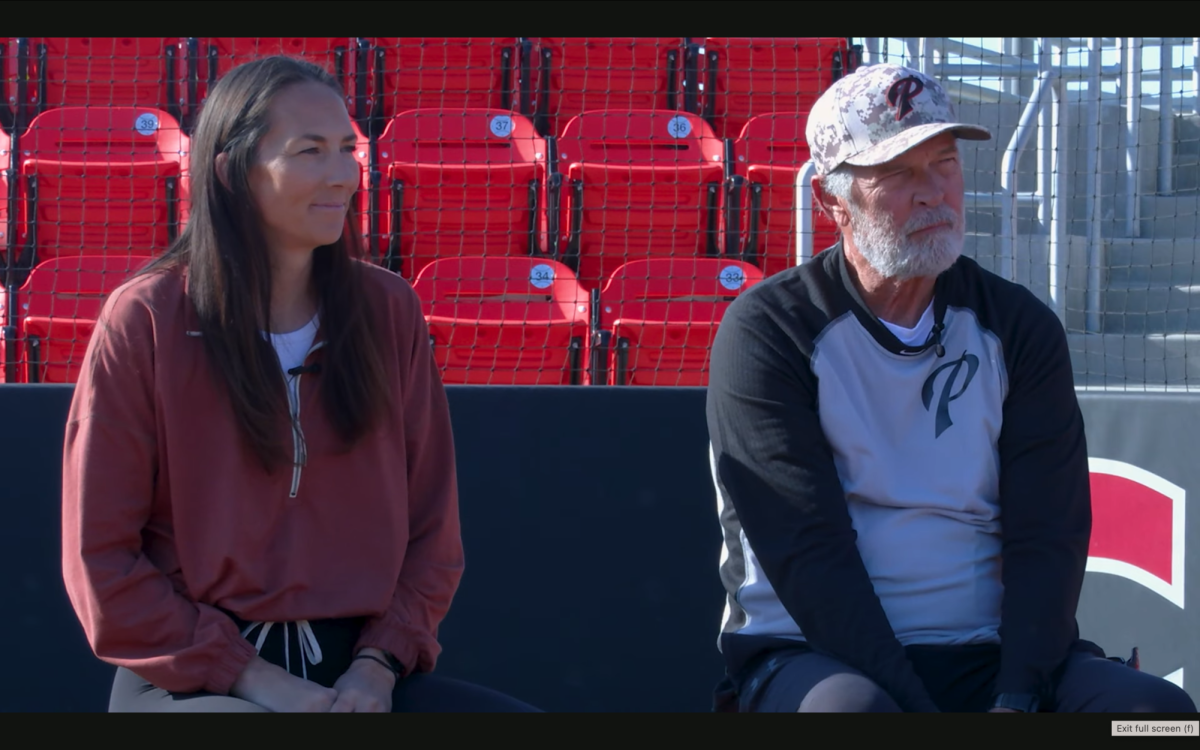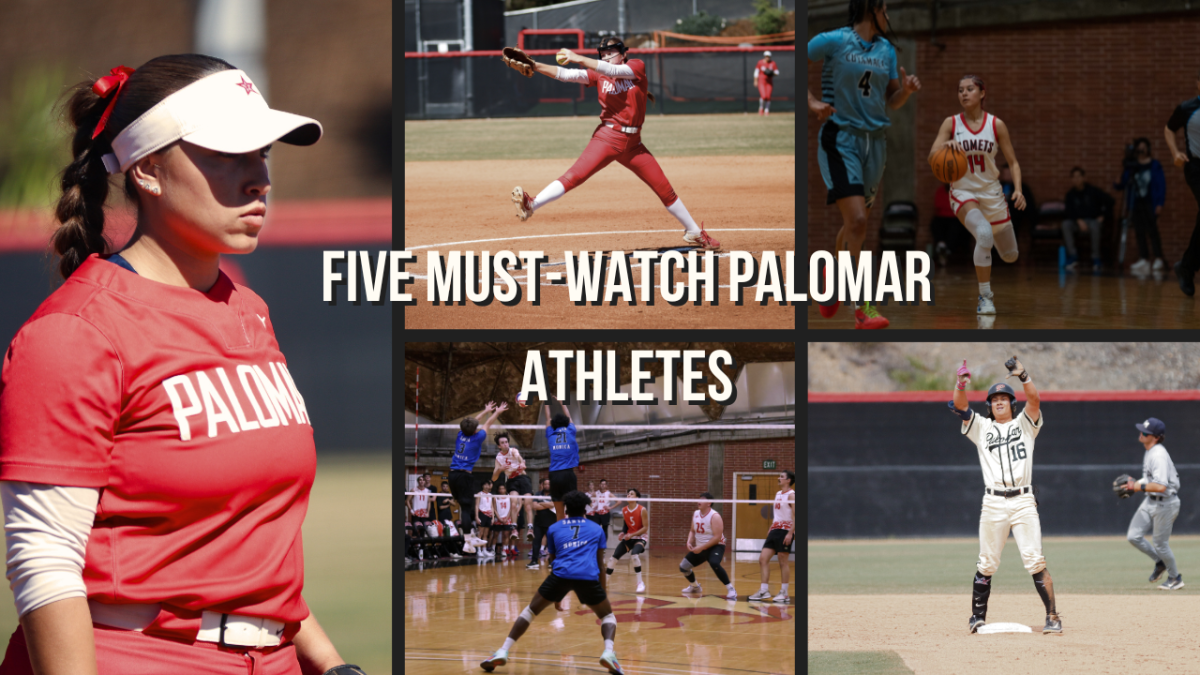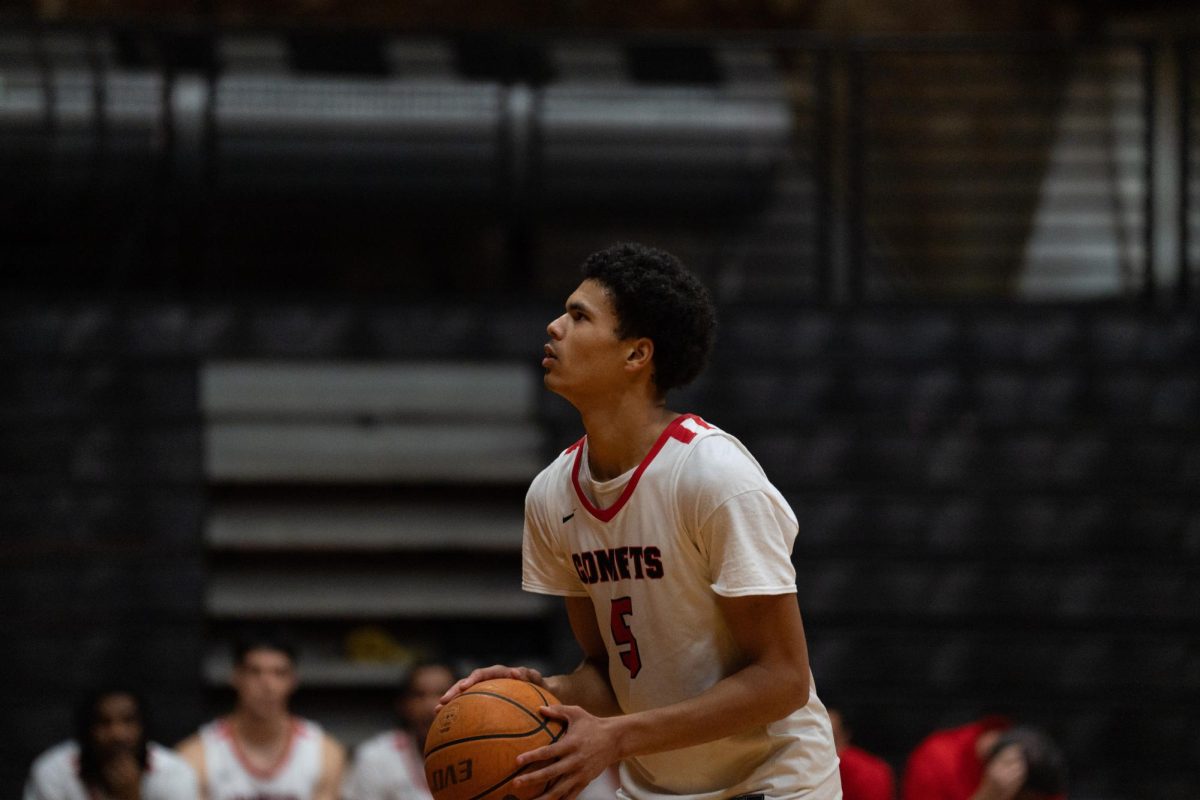Paper classes may appear foreign to some but represents a growing negative trend among the country’s highest levels of collegiate athletics.
Paper classes is roughly defined as any academic course at a higher institution that appears on paper as completed credits for an athlete but never existed in the first place.
Others may argue that this is a positive allowing athletes to focus more on a pro career but with less than 1% of college athletes finding a sustainable career in professional athletics this trend represents rather a depressing system of fast-tracking athletes to be efficiently used by a university for their natural ability.
The cause of this can be traced to the high standard all college athletes face daily on increasingly larger stage. Summarized best in a quote from UCLA’s Josh Rosen stating “football and school don’t go together.”
“They just don’t. Trying to do both is like trying to do two full-time jobs. There are guys who have no business being in school, but they’re here because this is the path to the NFL. There’s no other way.” Rosen added.
There are those out there who would argue that these large universities have a responsibility to provide their athletes with the best academic prep for life, but when viewing the profits generated from these athletic programs it is clear to see why paper classes have become a growing trend.
The NCAA Department of Revenue reported in 2017 that their two most profitable schools were University of Texas at Austin at $182,104,126 and Ohio State University $169,904,847 respectively.
These statistics indicate that universities have prioritized the profits they generate from their athletic programs rather than the well-being and betterment of the athletes who make profit possible.
The NCAA, a non-profit governing board established to protect both the interests of athletes and their universities has taken a stance of punishing athletes who seek academic help rather than combating the issue of paper classes and the battery like usage of college athletes.
In a 2016 Real Sports documentary hosted by HBO’s Bryant Gumble the program highlights a story in which a University of North Carolina football player was restricted from playing for a full academic year due to the fact he asked his assigned tutor to proof-read one of his papers.
After attempting to appeal this punishment he was denied and had to serve his assigned sentence.
When looking at examples like this it is clear the NCAA and Universities with large athletic programs don’t have the interest of their athletes at hand.
Rather they are more concerned with the profits and favorable public image that will be maintained through the success of their athletes on the field.
This trend must be combated with greater public knowledge about the inner workings of college athletics as well as universities prioritizing the lasting well-being of their athletes.
With changes like these implemented college athletes may see a greater success rate when transitioning from athletic life back to that of a student.

